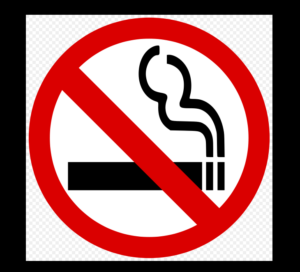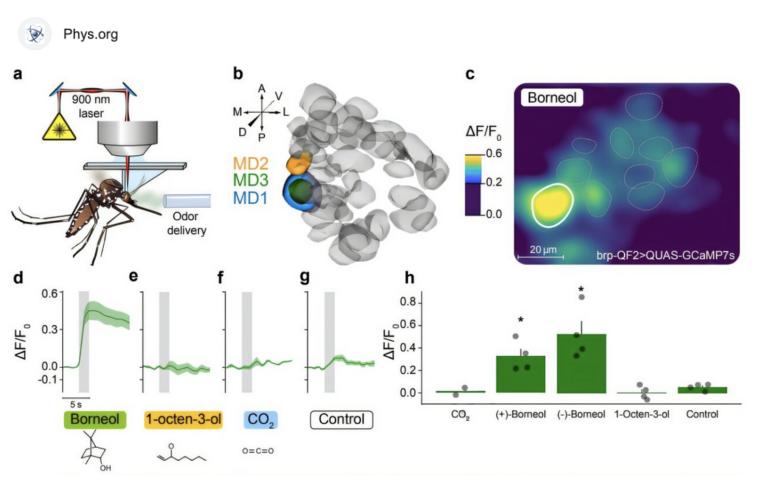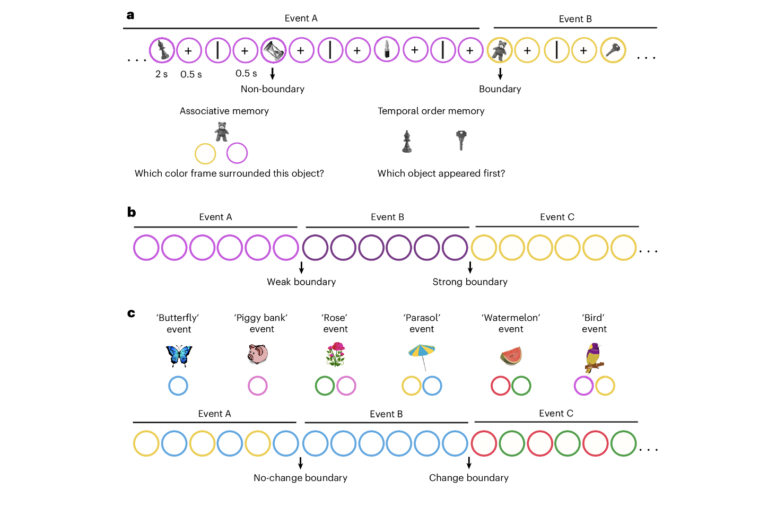Universités de Haïfa et Bar-Ilan : la prise d'Omega-3 réduit le tabagisme

[:fr]La prise de compléments alimentaire d’Oméga-3 réduirait le besoin de nicotine ainsi que le nombre de cigarettes quotidiennes d’un fumeur, selon une étude menée par l’Université de Haïfa. « Les substances et les médicaments utilisés actuellement pour aider les gens à réduire et cesser de fumer ne sont pas très efficaces et provoquent des effets indésirables qui ne sont pas faciles à gérer. Les résultats de cette étude indiquent que les oméga-3, un complément alimentaire peu coûteux et facilement disponible qui ne comporte presque pas d’effets secondaires, réduisent l’envie de fumer de manière significative « , a constaté le Dr Sharon Rabinovitz Shenkar, auteur de l’étude et responsable du programme de toxicomanie et criminologie à l’Université de Haïfa et du laboratoire de psychopharmacologie à Bar-Ilan.
Publication scientifique [:en]Taking omega-3 supplements reduces craving for nicotine and even reduces the number of cigarettes that people smoke a day, according to a new study conducted at the University of Haifa. “The substances and medications used currently to help people reduce and quit smoking are not very effective and cause adverse effects that are not easy to cope with. The findings of this study indicated that omega-3, an inexpensive and easily available dietary supplement with almost no side effects, reduces smoking significantly,” said Dr. Sharon Rabinovitz Shenkar, head of the addictions program at the University of Haifa’s school of criminology department and of the psychopharmacology laboratory at Bar-Ilan, who conducted this study.
Chronic exposure to smoke-derived toxicants is the primary cause of progressive pulmonary and immune dysfunctions, as well as carcinogenesis Cigarette smoking is connected not only to cardiovascular dysfunction, immune system dysfunction and cancer, it also reduces the levels of essential fatty acids in the brain, especially that of omega-3. A deficiency in omega-3 damages the cellular structure of nerve cells and interrupts neurotransmission in areas of the brain involved with feeling pleasure and satisfaction. These areas are essential in reward and decision-making, and are very important in the process of the development, maintenance and relapseof the addiction and to the inability to stop smoking. In simpler terms, omega-3 deficiency makes it harder for the smoker’s body to deal with its craving for another cigarette. “Earlier studies have proven that an imbalance in omega-3 is also related to mental health, depression and the ability to cope with pressure and stress. Pressure and stress, in turn, are associated with the urge to smoke. It is also known that stress and tension levels rise among people who quit smoking. Despite all this, the connection between all these factors had not been studied until now,” Dr. Rabinovitz Shenkar said.
The current study adhered to a strict methodology (double-blind, randomized, placebo-controlled) and included forty-eight smokers aged eighteen to forty-five who smoked at least ten cigarettes a day during the previous year, and an average of fourteen cigarettes a day. They were diagnosed as having a moderate dependency on nicotine. In total, the average age of the participants was twenty-nine and the average age they began smoking was under eighteen (in other words, they had been smoking for an average of eleven years). The participants were divided into two groups: One group received omega-3 capsules — “Omega-3 950” produced by Solgar who donated the capsules for the study; the second group received a placebo. The participants were asked to take five capsules a day for thirty days and in total reported taking more than ninety-four percent of the capsules. At no stage in the study were the participants asked to stop smoking.
The levels of nicotine craving and consumption were checked using a series of scales regarding various aspects related to smoking urges, such as lack of control over tobacco use, anticipation of relief and satisfaction from smoking, and to the number of cigarettes smoked each day. These levels were measured at the beginning of the study, after thirty days (of treatment) and after sixty days (i.e., thirty days after stopping to take the capsules). Each time the study participants were tested they abstained from smoking for two hours and were then exposed to smoking-related cues images in order to stimulate their craving for nicotine.
The findings show that while no difference was found between the groups at the beginning of the study, after thirty days the smokers who had taken omega-3 reduced their cigarettes by an average of two a day (an eleven-percent decrease), even though they were not asked to change their smoking habits in any way. No less important, they showed a significant decrease in nicotine craving. After another thirty days of not taking anything, cigarette cravings increased slightly but still remained significantly lower than their initial level. In other words, the craving to smoke cigarettes did not return to the baseline level even a month after stopping to take the supplement.
In the meantime, the group receiving the placebo did not show any significant changes in their craving levels or in the number of cigarettes they smoked a day during the sixty days.
According to Dr. Rabinovitz Shenkar, the finding that people who were not interested in stopping to smoke showed such a significant change reinforces the assumption that taking omega-3 can help smokers to regulate their addiction and reduce their smoking. Further research will indicate whether the supplement is also effective in stopping to smoke.







